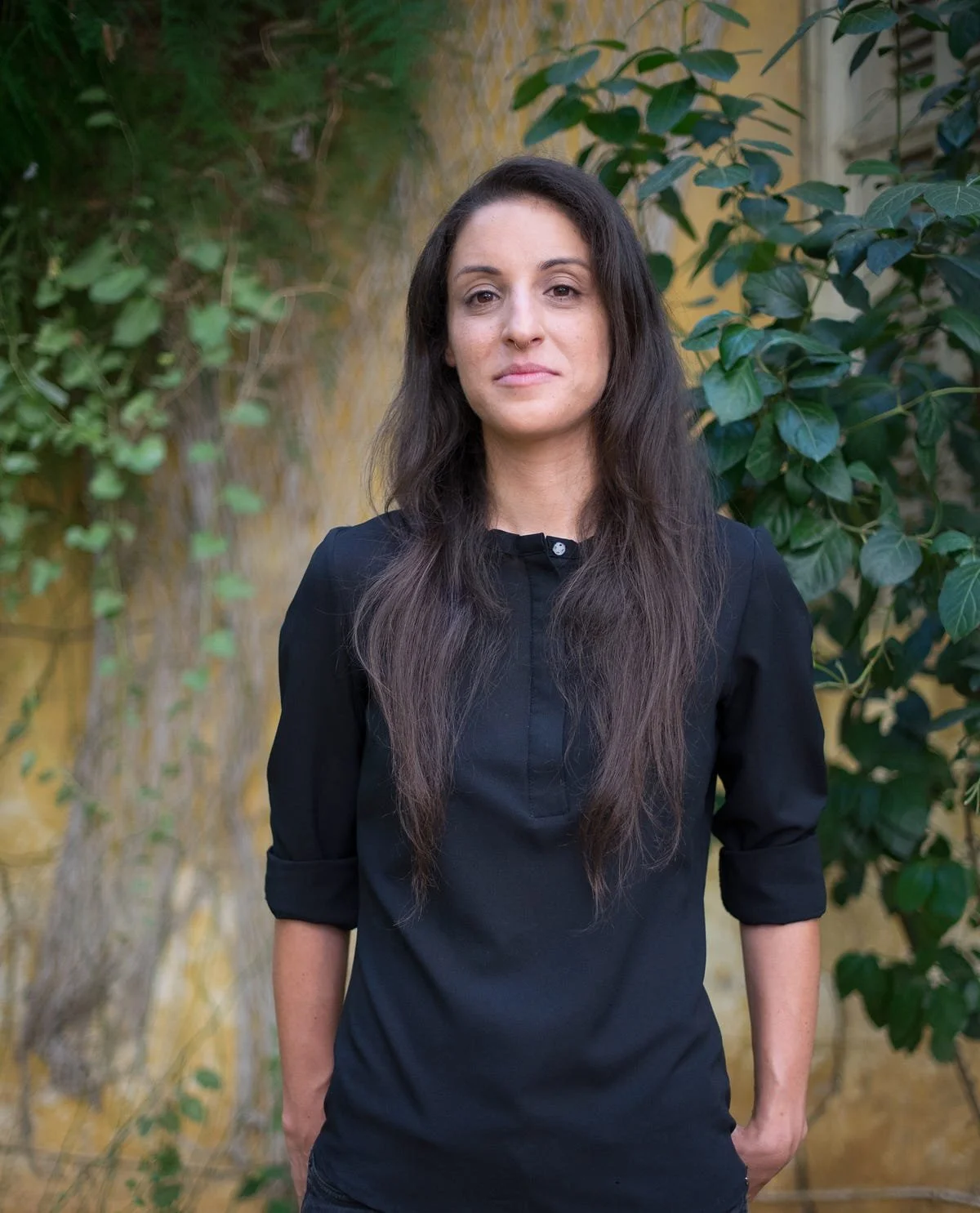Lebanon: Security Bureau Illegally Summons Lara Bitar over Toxic Waste Investigation – CFWIJ Demands Institutions Stop Abusing Power to Silence Press
Location: Lebanon, Beirut
Date: April 5, 2023Editor-in-Chief of The Public Source Lara Bitar illegally summoned for questioning by security forces. The Coalition For Women In Journalism demands the Lebanese Cybercrime Bureau stops abusing its power to intimidate journalists.
On March 31, Lara Bitar was summoned by the Cybercrime Bureau for questioning over an article investigating environmental crimes published in The Public Source. The political party Lebanese Forces filed the complaint, Bitar was told.
The article published by The Public Source alleges that at the height of the civil war in 1987, then-militia and now-political party Lebanese Forces facilitated the import of toxic waste from Italy.
Bitar tells CFWIJ the Cybercrime Bureau called her out of the blue. She immediately contacted her lawyer, who was told by the Bureau that “ if they just take down this article, then all of this will go away.”
Any offer to amend or edit the piece was met with opposition. “This is when we realized that this was ultimately their aim, for us to completely take down the article,” Bitar tells CFWIJ.
Bitar and The Public Source refused the summons saying the Cybercrime Bureau did not have jurisdiction to prosecute the case.
Intimidation of press by Cybercrime Bureau
Although this was the first time The Public Source was summoned for questioning by the Cybercrime Bureau, it is a well-known tactic to silence journalists.
“This is one weapon that's in the state's arsenal to intimidate and scare people that speak out against either a political figure or a political party,” says Bitar.
Interrogations by the Cybercrime Bureau “can last many hours,” says Bitar. “And in the end, you are forced to take down whatever it is that you wrote.”
The bureau is known for demanding people take down posts during the interrogation. “If you don't, then there are a lot of intimidation tactics that they use,” Bitar explains.
Sometimes summoned journalists are asked to pay a fine or issue an apology.
“For the most part, journalists have succumbed to these practices,” she says. “This was why we refused, or why I refused to go in and to be interrogated.”
Illegal summons
The summoning of Bitar by the Cybercrime Bureau is illegal, according to IFEX. The Cybercrime Bureau is a security institute investigating online crimes such as credit card fraud and child pornography. It does not have jurisdiction to summon journalists.
Legal experts in Lebanon have repeatedly criticized the Cybercrime Bureau for investigating journalists regarding social media posts and online articles.
The summoning of Bitar is illegal, she says. “If they [journalists] are to be interrogated for the work that they're doing, they have to go through the Court of Publications.”
Lebanon’s Publications Law grants journalists immunity and stipulates they shall only appear before a judicial investigator or the Court of Publications.
Public outcry at harassment of independent media
The summons of Bitar and The Public Source coincided with two other cases of Lebanese media platforms being harassed by authorities.
In the last month, the directors of independent media outlets Megaphone and Legal Agenda were summoned for questioning.
Multiple protests were held in Beirut in support of the media outlets.
“Having these three cases happen simultaneously definitely helped us rally a lot of support,” says Bitar.
Following protests and public outcry, Bitar’s case was transferred. “We view that as a victory,” she tells CFWIJ.
However, Bitar believes the case may drag on for years or eventually be dropped, as this court is currently not operational.
The Public Source is a women-led independent media outlet founded in 2020.
The Coalition For Women In Journalism commends Bitar and The Public Source for publicly denouncing the illegality of the investigation into their reporting. Transferring the case to the Court of Publications is a welcome development.
Security institutions must not be weaponized to silence the media. We demand that the Cybercrime Bureau respects press freedom and does not abuse its power to crack down on critical media.
The Coalition For Women In Journalism is a global organization of support for women journalists. The CFWIJ pioneered mentorship for mid-career women journalists across several countries around the world and is the first organization to focus on the status of free press for women journalists. We thoroughly document cases of any form of abuse against women in any part of the globe. Our system of individuals and organizations brings together the experience and mentorship necessary to help female career journalists navigate the industry. Our goal is to help develop a strong mechanism where women journalists can work safely and thrive.
If you have been harassed or abused in any way, and please report the incident by using the following form.


